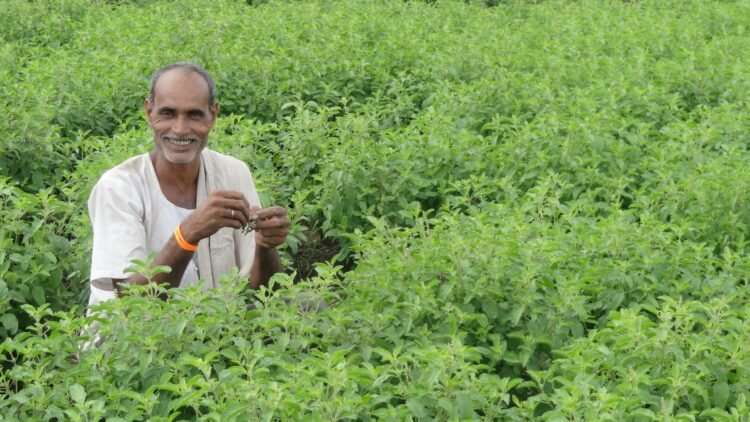New Delhi (India CSR): Himalaya Wellness Company has undertaken several initiatives to contribute towards preserving the rich biodiversity and protecting the earth and environment.
Under its Kisaan Mitra program, Himalaya is working to empower marginalized farmers by promoting livelihood, sustainable farming of medicinal herbs, and good agricultural practices (GAP). In collaboration with several NGOs and farmers’ groups, Himalaya supports small and marginalized farmers through contract farming.
These farmers are trained to cultivate medicinal herbs like Tulasi, Alfalfa, Ashvagandha, Vetiver, Neem, Jasmine, Gotu kola, Moringa, Bhrami, Argyrea, and Achillea, among others; the Company also provides them with planting materials and logistical support from the farm gate.
Farmers do not have to worry about loss of profit and investment due to excess produce like vegetables and other commodities. By avoiding middlemen in trade, the entire profit goes to the farmers, which is better than the market rates.
The Company is helping these farmers achieve economic stability and provide better and happier lives for their families.
The initiative has helped marginalized farmers increase their income, compared to their regular crop cultivation. The contract farming program is of mutual benefit to all the stakeholders, providing a consistent and assured income opportunity for farmers and regular cultivation of herbs grown exclusively for Himalaya.
Kisaan Mitra program is currently being implemented in Karnataka, Madhya Pradesh, Uttar Pradesh, Maharashtra, Telangana, Tamil Nadu, West Bengal, Chhattisgarh, Jharkhand, Himachal Pradesh, and Gujarat, reaching out to over 800 farmers.
Himalaya has also pledged to conserve biodiversity to protect the ecosystem through tree planting initiatives. Since 2012, Himalaya, in association with various partners like SEBC (Society for Environment and Biodiversity Conservation), Synjuk Mawphlang Welfare Society, and Say Trees, has planted about 8,00,000 trees across the Western Ghats, North Eastern States, the Eastern Ghats, and Southern belt to help restore the environment.
“At Himalaya, we believe that monoculture forests are not a correct representation of nature, and hence, we planted a mixed species of wild native trees to rebuild and conserve biodiversity. These plants consist of various species of food and medicinal plants that are native to the respective regions. The major goal of the activity is to preserve and maintain biodiversity through plantations. It also aids in the restoration of lost flora and wildlife and the establishment of ecological balance.”, the company said.






















